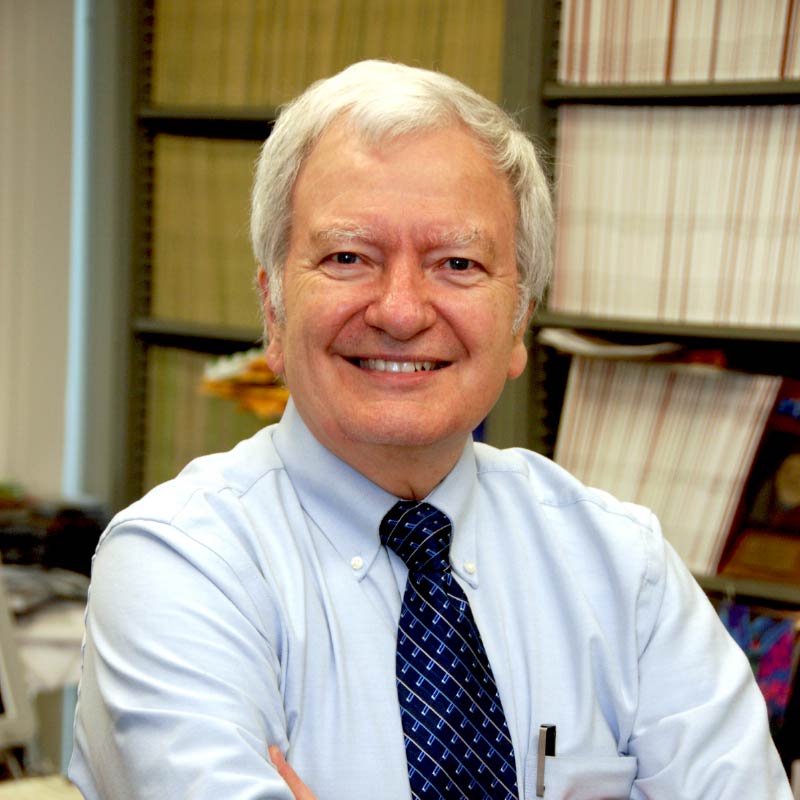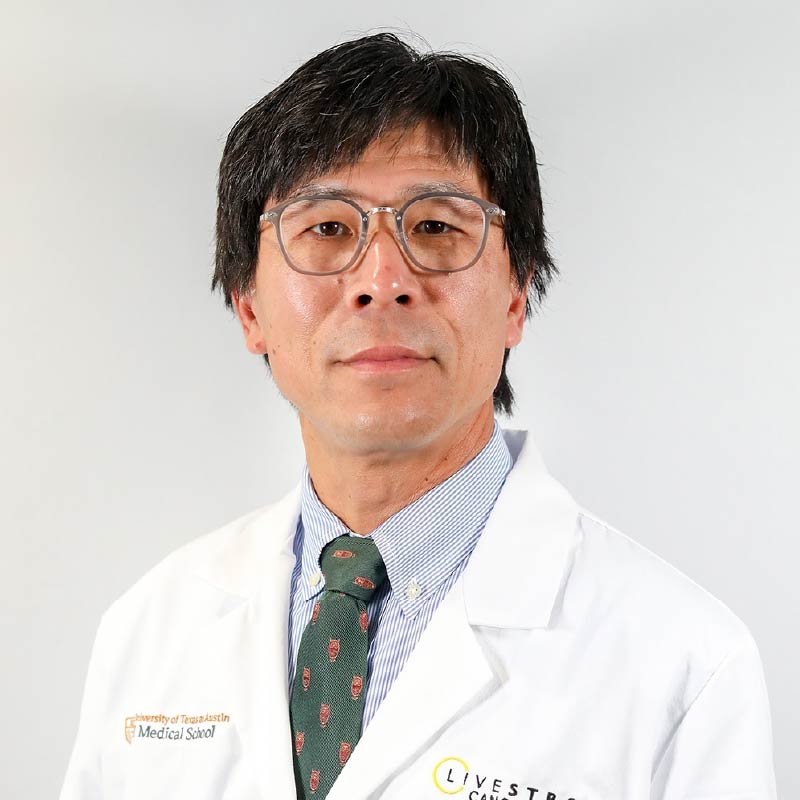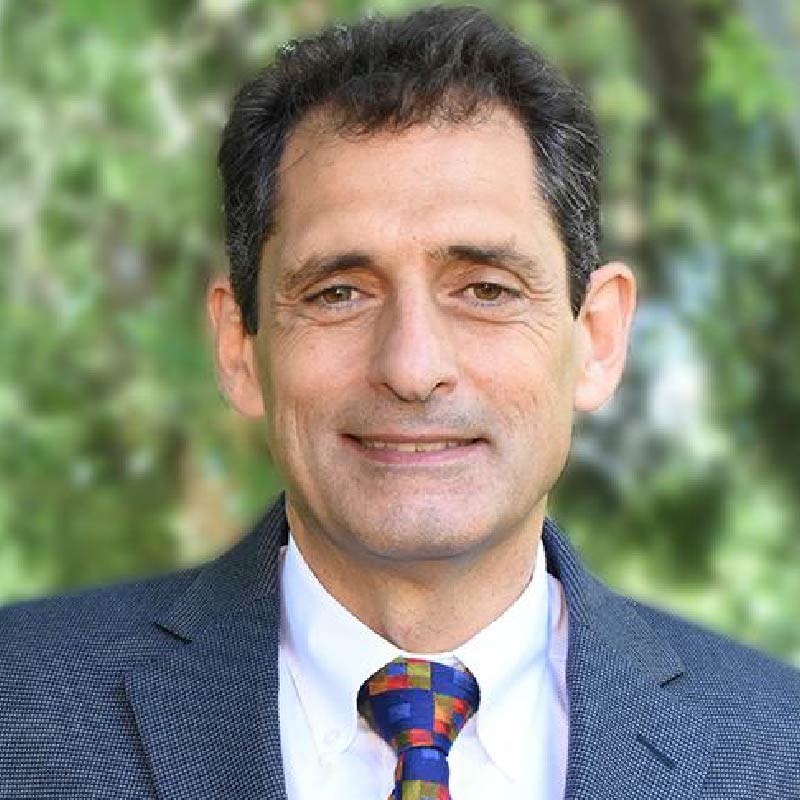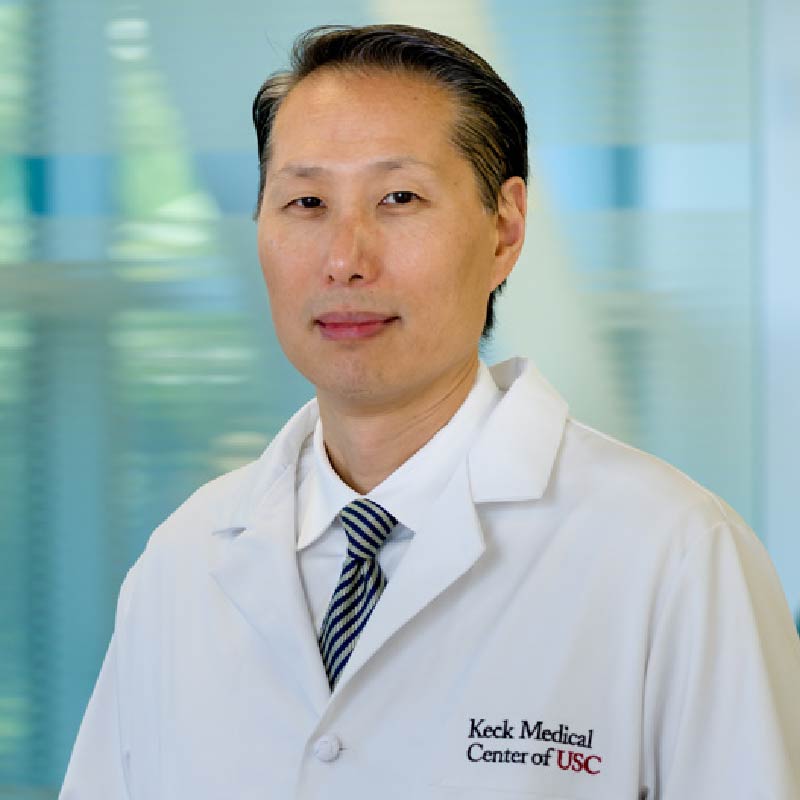Scientific Advisors
Michael E. Jung, Ph.D.

Michael E. Jung is a Distinguished Professor in the Department of Chemistry and Biochemistry at the University of California at Los Angeles (UCLA). He received his BA from Rice University (1969) and his Ph.D. from Columbia University (1973), both in Chemistry. After a one-year NATO Postdoctoral fellowship at the Eidgenossische Technische Hochschule (ETH) in Zurich, he started his professional career at UCLA in 1974. He is an expert in synthetic organic chemistry and especially synthetic medicinal chemistry. He has published more than 340 original publications and is an inventor on 63 patents and patent applications. He has trained more than 90 PhD students and directed the research of more than 130 postdoctoral associates. He has received numerous awards for both his research and teaching, e.g., the Arthur C. Cope Scholar Award from the American Chemical Society, Glenn T. Seaborg Medalist, Richard C. Tolman Award, Carl M. Franklin Lecturer, American Association of Cancer Research Team Science Award, National Academy of Inventors Inductee, Alfred P. Sloan Research Fellowship, Camille and Henry Dreyfus Teacher-Scholar Award, a Fulbright-Hays Research Scholar Award, and the Inaugural Gold Shield Award from UCLA, among several others. One of the compounds he designed – enzalutamide, Xtandi – was approved in 2012 for the treatment of post-chemotherapy castration-resistant prostate cancer (CRPC) and in 2014 for pre-chemotherapy CRPC (sold by Astellas). The prostate cancer research program of the company he co-founded, Aragon, was bought by Johnson and Johnson and the lead compound, ARN-509 (apalutamide, which was also designed and prepared in his lab), is now in phase 3 clinical trials for the treatment of non-metastatic castration-resistant prostate cancer. He is also the Director of the Bioscience Synthetic Chemistry Core facility at UCLA and in this role he has moved several academic medicinal drug discovery programs from initial hits or discoveries into lead candidate status. He has recently been named the Associate Dean for Entrepreneurship and Innovation in the Division of Physical Sciences at UCLA. He has served on the Scientific Advisory Boards of several companies and recently was one of the founders of three new biotech startups: Trethera, Enlibrium, and LongLifeRx. He consults for more than 20 pharmaceutical firms, both biotechs and big pharma, and has helped move their drug discovery efforts forward for the past 35 years.
William H. Matsui, M.D.

William Matsui is a Professor and Chair in oncology at the Department of Oncology at The University of Texas at Austin Dell Medical School. He received his A.B. from Harvard University in 1989 where he graduated with honors in Biochemistry, and his M.D. in 1995 from the University of California at San Francisco School of Medicine. He completed his residency training in internal medicine at the University of Washington in Seattle and his clinical fellowship in Medical Oncology at Johns Hopkins. Dr. Matsui is an expert in the development of novel therapeutics in oncology. His research is focused on examining stem cell properties within human cancers and his laboratory first discovered cancer stem cells in multiple myeloma, a cancer of the immune system. Furthermore, Dr. Matsui’s group was the first to demonstrate that the Hedgehog signaling pathway regulates cancer stem cell fate decisions in multiple myeloma, pancreatic carcinoma and acute lymphoblastic leukemia. Dr. Matsui is Board Certified in Internal Medicine and Medical Oncology and clinically specializes in caring for patients with hematologic malignancies that include leukemias, lymphomas, and multiple myeloma. His studies have been instrumental in developing over 12 clinical trials utilizing novel agents in the past 8 years. He has been awarded the George Santos Research Award from the Leukemia and Lymphoma Society, the Clinician Scientist Award from Johns Hopkins University, and teaching awards from the Departments of Oncology and Medicine in the Johns Hopkins University School of Medicine. He has presented and continues to present his work both nationally and internationally. Furthermore, he has served as a consultant for a number of pharmaceutical and biotechnology companies as well as an opinion leader for the financial sector.
Sotirios Tetradis, Ph.D., D.D.S.

Sotirios Tetradis is a Professor and Chair in the Section of Oral and Maxillofacial Radiology at the UCLA School of Dentistry. Dr. Tetradis received his D.D.S. from the University of Athens, Greece and a certificate in OMF Radiology and a Ph.D. at the University of Connecticut. He has been on the faculty at UCLA School of Dentistry for the past 12 years. Dr. Tetradis is a board certified Oral and Maxillofacial Radiologist. He is active in clinical practice and leads an active research group that investigates the effects of growth factors, hormones and cytokines on the function of bone cells, as well as the cellular and molecular mechanisms of bisphosphonate–related osteonecrosis of the jaw (BRONJ). His research is funded by institutional and NIH support. Dr. Tetradis has collaborated with Dr. Parhami in molecular and translational studies of the osteogenic potential of oxysterol molecules.
Jeffrey C. Wang, M.D.

Jeffrey Wang is a Professor of Orthopaedic Surgery and Neurosurgery at the USC Keck School of Medicine, Chief of Orthopaedic Spine Service and Co-Director of the USC Spine Center. He obtained his B.S. degree with honors in Biological Sciences from Stanford University and his M.D. from the University of Pittsburgh School of Medicine. After completing his residency at the UCLA Department of Orthopaedics, he completed a spine surgery fellowship with Dr. Henry Bohlman, M.D. at Case Western Reserve University Hospitals of Cleveland. Dr. Wang is active in clinical practice, runs a spine surgery fellowship program, and has a basic science research laboratory. He is involved in cutting edge research with an emphasis on novel biologics and tissue engineering for spinal fusion and disc regeneration. Dr. Wang has been an advisor to MAX BioPharma and has collaborated with Dr. Parhami on preclinical studies involving osteogenic oxysterol molecules. Dr. Wang has been involved in several clinical trials testing both novel surgical technologies and devices, as well as growth factors and biological treatments for the treatment of human spinal disorders. He has consulted with many medical device and pharmaceutical companies and has developed novel technologies and growth factors that have been licensed for further study and development for clinical trials.
